Harsh winter weather typically drives people indoors, but those of us with pets have to brave the frigid blasts, snow, and ice to take them outdoors for exercise and elimination. Cat owners—and some small-dog owners—are fortunate in that their pets are trained to use a litter box and do not have to venture outdoors, but most dog owners have to take their pets outside, regardless of the weather. Before heading outside with your four-legged friend, learn how to protect them from four common winter hazards with these tips from our Greenfield Veterinary Clinic team.
Your pet and hypothermia
You may think hypothermia and frostbite occur only in severe blizzards and below zero temperatures, but wet conditions below 45 degrees can trigger a drop in your pet’s body temperature. Pets who have short or thin hair, are in a lean body condition, are very young or very old, or have a metabolic condition can be more likely to develop hypothermia.
As hypothermia develops, blood is shunted from the extremities to the organs to keep them warm, which makes your pet’s skin cool to the touch. In an attempt to warm up, your pet will begin to shiver, which makes their muscles stiff and movements clumsy. They also may become confused and disoriented.
As hypothermia worsens, your pet will cease shivering, as their muscle cells run out of energy. They will breathe more slowly, and their heart rate will decrease and become erratic. Your pet may collapse and become unresponsive as they slip into a coma. Without proper warming treatment, they will die.
To prevent hypothermia in your pet, keep a close eye on the weather. If strong winds and a dropping temperature are paired with sleet or snow, stay indoors, with short breaks outside to eliminate. Warm your pet back up gradually by bringing them inside and wrapping them in warm blankets or towels. Place bottles of warm water next to your pet, ensuring a layer of fabric lies between the bottles and their skin. Avoid using heating pads because your pet may be unable to move off the pad and may suffer a burn.
Your pet and disorientation
When snow and ice cover the ground, your pet can easily become disoriented if they slip out an open door or off their leash. Snow deadens scent and obscures landmarks, making it difficult for your furry pal to find their way home. Use extra caution when taking your pet outside and ensure they cannot escape from the backyard. You also may need to block your pet’s immediate access to the door, unless they are restrained with a leash.
Your pet and antifreeze toxicity
The sweet taste of antifreeze can attract your pet to lap up a spill, but a small amount of this substance is lethal for cats and dogs. Simply licking antifreeze off their paws after walking through a puddle can kill a cat. Initial signs of antifreeze toxicity—up to 12 hours after ingestion—are similar to those seen with ethanol intoxication. Your pet may stagger, exhibit decreased reflexes, appear depressed, and have trouble getting up and standing. During the second stage of antifreeze toxicity—12 to 24 hours after ingestion—your pet may appear normal as the toxic metabolites build up in their body. Within a day and a half after ingestion, your pet will suffer severe kidney failure, which can lead to coma, seizures, and death.
Protect your pet from antifreeze toxicity by keeping them out of the garage and quickly cleaning up any spills. When out walking with your pet, protect their paws with booties, and wipe off their abdomen, legs, and paws when you come back indoors to prevent them from licking any chemicals off.
Your pet and space heaters
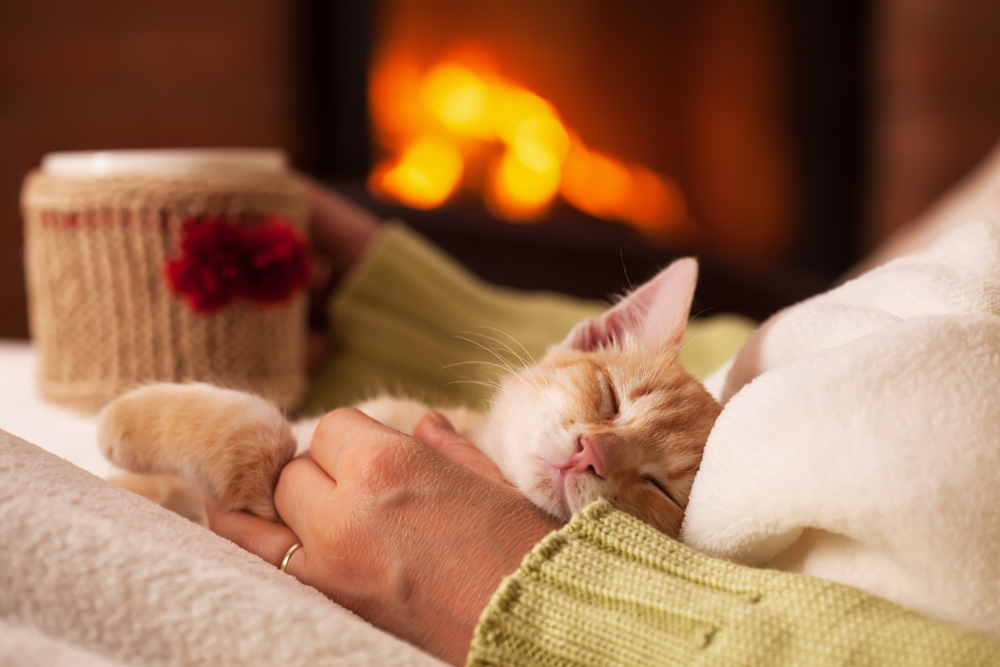
Snuggling up next to a space heater or fireplace with your heated blanket can help you keep winter’s cold chill away, but it can spell disaster for your pet. Without proper barricades in place, your pet can get too close to the heater or fireplace when they want to warm up. This can lead to singed paws and noses, or worse, a house fire. Always ensure your space heater is turned off, unplugged, and placed out of your pet’s reach to allow it to cool completely. And, never leave your pet alone with a fire, even if the blaze is nothing more than coals by the time you head to bed. All it takes is a stray spark to harm your pet, your home, and yourself.
Give your pet the most protection against cold weather by staying up to date on their preventive care. Give our Greenfield Veterinary Clinic team a call to schedule their appointment.


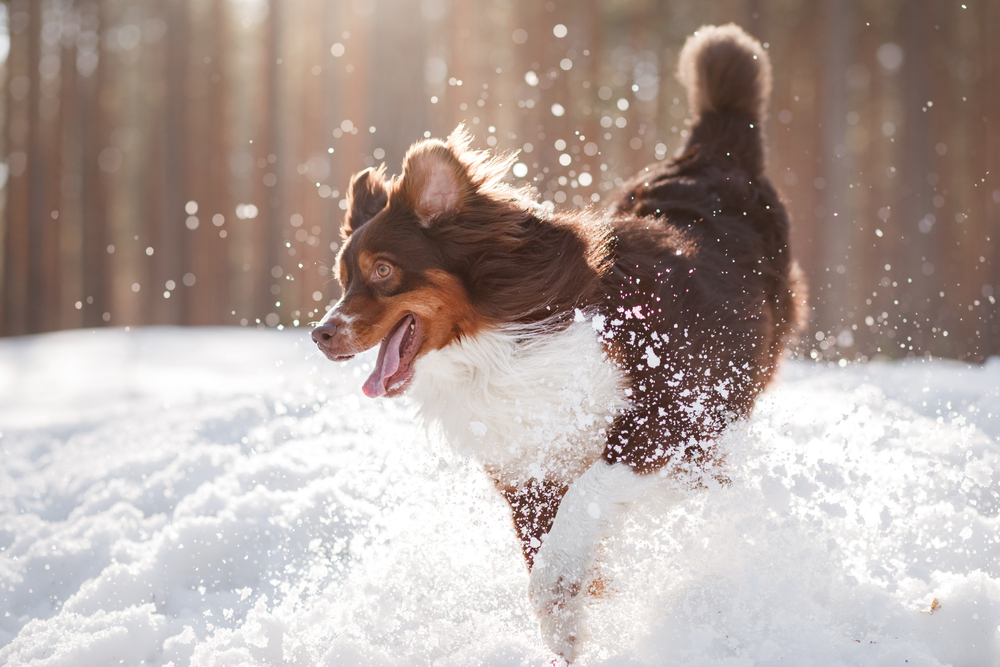
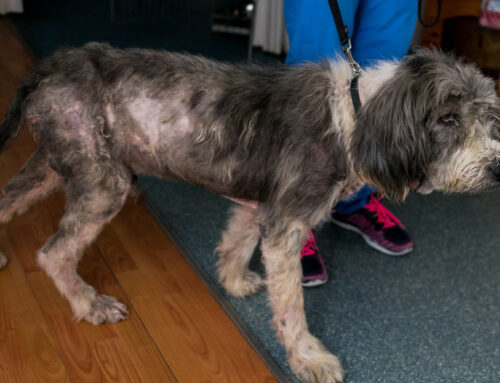
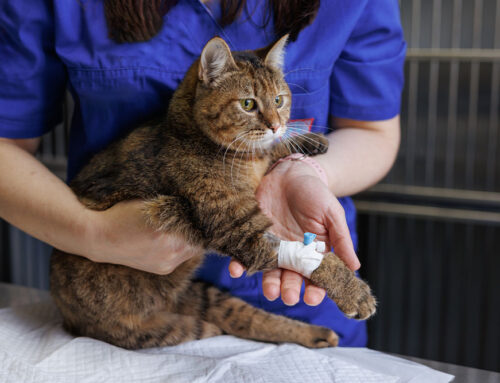
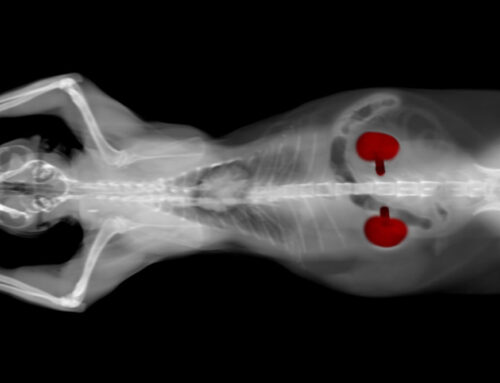
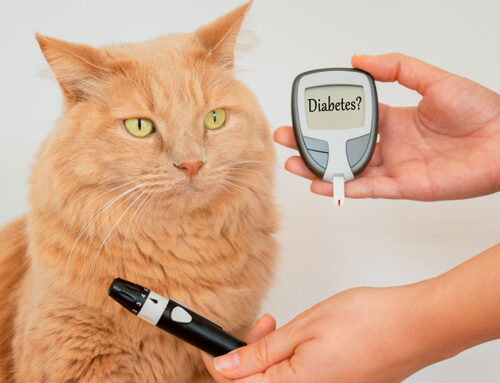
Leave A Comment